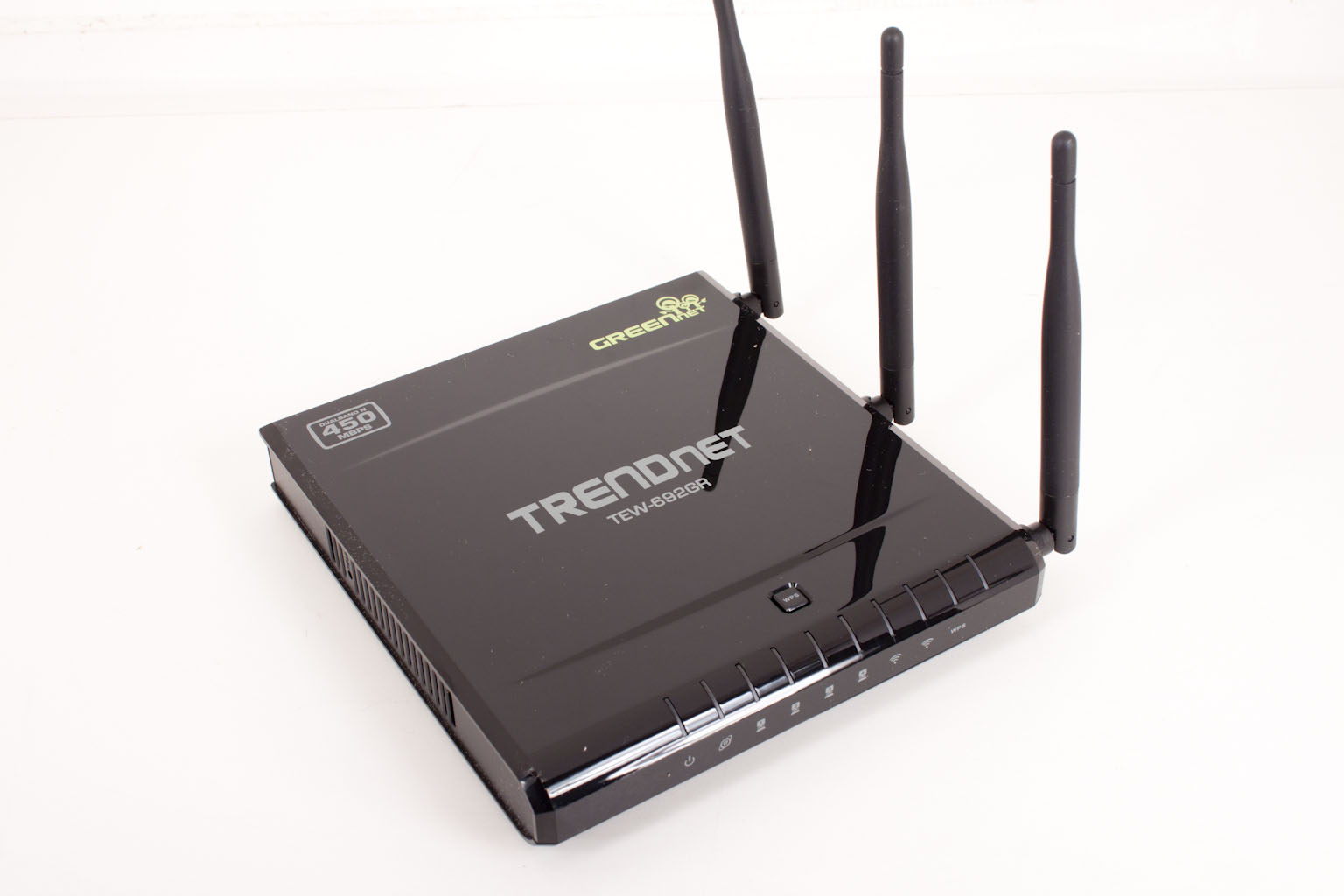From The Blog
-
ConnectWise Slash and Grab Flaw Once Again Shows the Value of Input Validation We talk to Huntress About its Impact
Written by Sean KalinichAlthough the news of the infamous ConnectWise flaw which allowed for the creation of admin accounts is a bit cold, it still is one that…Written on Tuesday, 19 March 2024 12:44 in Security Talk Read 698 times Read more...
-
Social Manipulation as a Service – When the Bots on Twitter get their Check marks
Written by Sean KalinichWhen I started DecryptedTech it was to counter all the crap marketing I saw from component makers. I wanted to prove people with a clean…Written on Monday, 04 March 2024 16:17 in Editorials Read 1576 times Read more...
-
To Release or not to Release a PoC or OST That is the Question
Written by Sean KalinichThere is (and always has been) a debate about the ethics and impact of the release of Proof-of-Concept Exploit for an identified vulnerability and Open-Source…Written on Monday, 26 February 2024 13:05 in Security Talk Read 1110 times Read more...
-
There was an Important Lesson Learned in the LockBit Takedown and it was Not About Threat Groups
Written by Sean KalinichIn what could be called a fantastic move, global law enforcement agencies attacked and took down LockBit’s infrastructure. The day of the event was filled…Written on Thursday, 22 February 2024 12:20 in Security Talk Read 1081 times Read more...
-
NetSPI’s Offensive Security Offering Leverages Subject Matter Experts to Enhance Pen Testing
Written by Sean KalinichBlack Hat 2023 Las Vegas. The term offensive security has always been an interesting one for me. On the surface is brings to mind reaching…Written on Tuesday, 12 September 2023 17:05 in Security Talk Read 2131 times Read more...
-
Black Kite Looks to Offer a Better View of Risk in a Rapidly Changing Threat Landscape
Written by Sean KalinichBlack Hat 2023 – Las Vegas. Risk is an interesting subject and has many different meanings to many different people. For the most part Risk…Written on Tuesday, 12 September 2023 14:56 in Security Talk Read 1851 times Read more...
-
Microsoft Finally Reveals how they Believe a Consumer Signing Key was Stollen
Written by Sean KalinichIn May of 2023 a few sensitive accounts reported to Microsoft that their environments appeared to be compromised. Due to the nature of these accounts,…Written on Thursday, 07 September 2023 14:40 in Security Talk Read 2122 times Read more...
-
Mandiant Releases a Detailed Look at the Campaign Targeting Barracuda Email Security Gateways, I Take a Look at What this all Might Mean
Written by Sean KalinichThe recent attack that leveraged a 0-Day vulnerability to compromise a number of Barracuda Email Security Gateway appliances (physical and virtual, but not cloud) was…Written on Wednesday, 30 August 2023 16:09 in Security Talk Read 2098 times Read more...
-
Threat Groups Return to Targeting Developers in Recent Software Supply Chain Attacks
Written by Sean KalinichThere is a topic of conversation that really needs to be talked about in the open. It is the danger of developer systems (personal and…Written on Wednesday, 30 August 2023 13:29 in Security Talk Read 1890 times Read more...
Recent Comments
- Sean, this is a fantastic review of a beautiful game. I do agree with you… Written by Jacob 2023-05-19 14:17:50 Jedi Survivor – The Quick, Dirty, and Limited Spoilers Review
- Great post. Very interesting read but is the reality we are currently facing. Written by JP 2023-05-03 02:33:53 The Dangers of AI; I Think I Have Seen this Movie Before
- I was wondering if you have tested the microphone audio frequency for the Asus HS-1000W? Written by Maciej 2020-12-18 14:09:33 Asus HS-1000W wireless headset impresses us in the lab
- Thanks for review. I appreciate hearing from a real pro as opposed to the blogger… Written by Keith 2019-06-18 04:22:36 The Red Hydrogen One, Possibly One of the Most “misunderstood” Phones Out
- Have yet to see the real impact but in the consumer segment, ryzen series are… Written by sushant 2018-12-23 10:12:12 AMD’s 11-year journey to relevance gets an epic finish.
Most Read
- Microsoft Fail - Start Button Back in Windows 8.1 But No Start Menu Written on Thursday, 30 May 2013 15:33 in News Be the first to comment! Read 116522 times Read more...
- We take a look at the NETGEAR ProSafe WNDAP360 Dual-Band Wireless Access Point Written on Saturday, 07 April 2012 00:17 in Pro Storage and Networking Be the first to comment! Read 87469 times Read more...
- Synology DS1512+ Five-Bay NAS Performance Review Written on Tuesday, 12 June 2012 20:31 in Pro Storage and Networking Be the first to comment! Read 82026 times Read more...
- Gigabyte G1.Sniper M3 Design And Feature Review Written on Sunday, 19 August 2012 22:35 in Enthusiast Motherboards Be the first to comment! Read 80334 times Read more...
- The Asus P8Z77-M Pro Brings Exceptional Performance and Value to the Lab Written on Monday, 23 April 2012 13:02 in Consumer Motherboards Be the first to comment! Read 70987 times Read more...
Displaying items by tag: 80211
TRENDNet TEW-812DRU 802.11ac Wireles Dual Band Router Review
 |
When wireless networking was first introduced it was a very cool concept and people bought into it. The problem was that it was also about as slow as dial-up internet was. The good news is that all technologies advance and wireless was non exception. Once the idea caught on we quickly ramped up in speed, but wireless was never quite able to keep up with a wired connection. We saw these connections leap ahead by a factor of 10 while wireless had small incremental speed jumps. All of that changed in 2011 when researchers built up the next specification for wireless speed, 802.11ac. This speed increase more than doubled what wireless was able to do previously. Suddenly wireless was just as fast as a wired connection (in theory). We have a few routers and adapters in the lab and will be taking a look at them. Today we are going to show you the TRENDNet TEW-812DRU AC1750 dual band wireless router.
What Makes WiFi Tick or, Why All WiFi Devices Are Not Created Equal
 |
When it comes to technology there are things that we as consumers just expect to work. We do not have the time, or even the inclination, to worry about the details on these items, we just want to plug them in and go. One of these is our networking products, and in particular wireless networking. We see a device with the letter “n” on it and we automatically assume it is going to give us 300Mbps (Megabits Per Second). The problem with this approach is that wireless technology is as varied as versions of Windows 7 (another item we lump into one group… but that is another article) and cannot all be lumped into one category because of a specification number or letter on the box. With this in mind we are going to talk about some of the major points of wireless networking and how to spot the pretenders from products with real performance.
Nokia Asking Asus and Google About Missing WiFi Licensing... Is Microsoft Behind It, Or Soon To Follow?
 There is an interesting item that has popped up on the internet. It seems that Nokia is concerned about Asus and Google’s new tablet, the Nexus 7. What makes this very interesting is the timing for Nokia coming forward and bringing this to light. According to a statement made by Nokia (and originally reported by The Inquirer) Nokia is not going so far as to file a law suit, but they do encourage both Asus and Google to get in touch… soon.
There is an interesting item that has popped up on the internet. It seems that Nokia is concerned about Asus and Google’s new tablet, the Nexus 7. What makes this very interesting is the timing for Nokia coming forward and bringing this to light. According to a statement made by Nokia (and originally reported by The Inquirer) Nokia is not going so far as to file a law suit, but they do encourage both Asus and Google to get in touch… soon.

